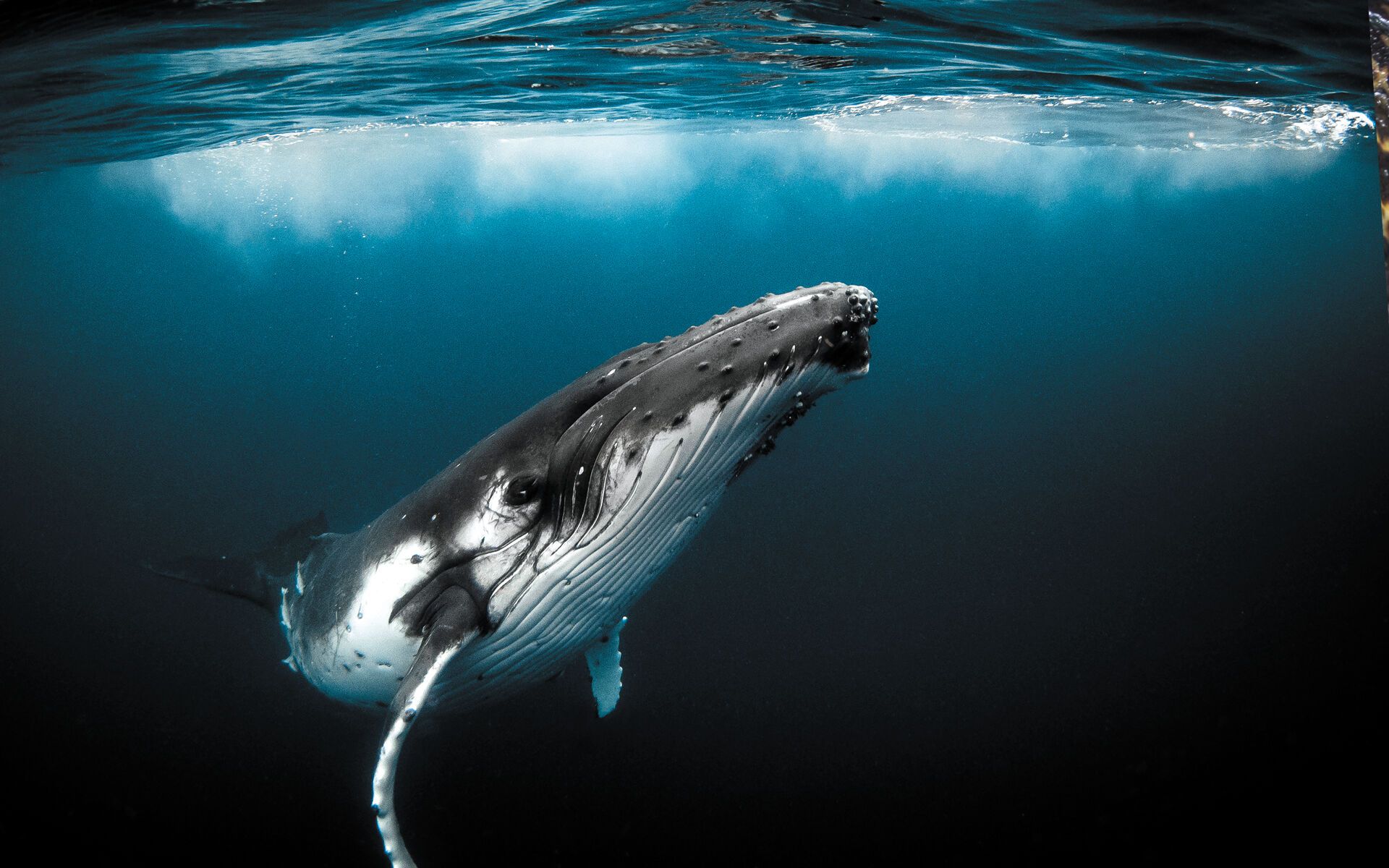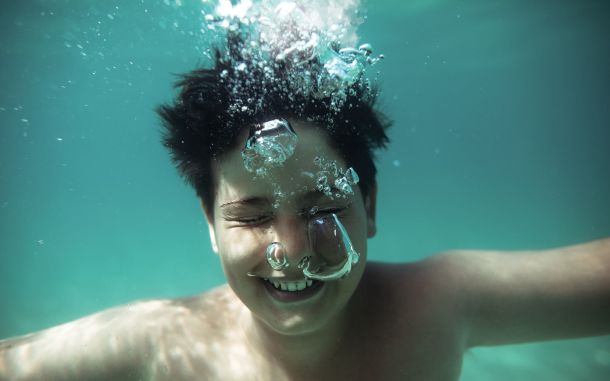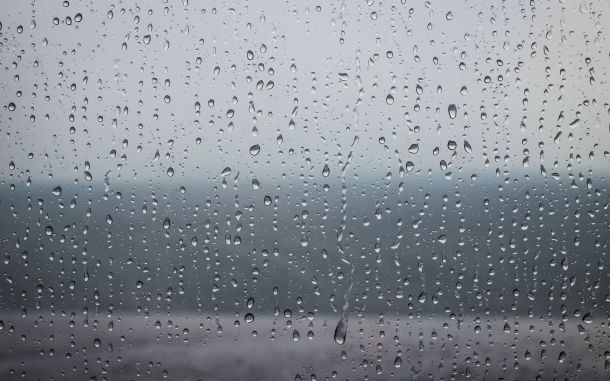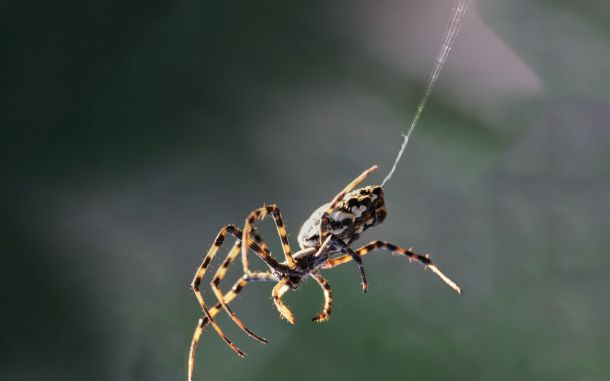ConspiraSea

In This Article
-
More than half a million “tonnes of nets, long lines, pots, traps, plastic fishing crates etc. used in commercial fishing are dumped and discarded at sea” annually.
-
Luxury dishes are “served in restaurants around the world perpetuating the practice of finning, resulting in an estimated 73 million sharks being killed each year for their fins alone.
-
If we don’t cause any unnecessary pain for fish, don’t catch stuff we’re not going to sell or eat, don’t harm the environment, and follow governmental regulations, fishing is a benevolent way of feeding humans.
Why have many people suddenly quit eating fish? Is dumped fishing gear the largest polluter of our oceans? (Spoiler Alert: Yes) (2 & 16). Seaspiracy, A Netflix documentary about commercial fishing and its impact on ocean life has garnered celebrity endorsements and fan outcries alike. Tom Brady, arguably the best football player of all time, called the documentary a must-watch. The cause for the immense emotional reaction is how wasteful practices, lack of regulation, and illegal fishing are destroying sea life and the oceans for the sake of increased profits for greedy corporations. Foreseeing the horrible consequences of continuing current commercial fishing industry practices, the director asks the audience to stop eating fish to save our marine ecosystems.
Critics have argued some of the statistics in the film are misleading (13). Additionally, it is unclear how the film will affect world seafood consumption as it is not easy for a person to change their diet if they have been eating seafood for decades. Not only is this unrealistic but it simultaneously makes us avoid the actual perpetrators of these crimes, the commercial fishing industry at large. Leaning into veganism pushes the responsibility away from a corrupt, sometimes criminal industry, and onto 200 million Netflix subscribers. The film could have been much more impactful if the conclusion had focused on increasing regulations and, through civil discourses and legal pressure, holding commercial fishing corporations accountable for the damage that they are doing.
More than half a million “tonnes of nets, long lines, pots, traps, plastic fishing crates etc. used in commercial fishing are dumped and discarded at sea” annually (2). Although a small part of this is due to overcrowded fisheries, most of this littering is done to conceal illegal fishing activities (2). Modern commercial fishing gear is very strong and effective—at times a bit too effective for the health of ocean life, as fish and birds that are not targets are frequently caught. Bycatch is when unintended or low commercial value ocean life is caught and then released back into the ocean. For example, in commercial fishing, every year more than 300,000 whales and dolphins are killed as bycatch (17). By the time these whales and dolphins are released back into the ocean they are either dying or already dead. Not only is this a matter of conscience, but one does not need to be an animal lover to recognize the critical role whales play in our delicate ecosystem. Valuable nutrients like iron, nitrogen, and phosphorus found in fecal plumes of whales stimulate the production of phytoplankton which is the base of many marine food chains. Phytoplankton is extremely important for the ocean as it generates energy through photosynthesis. This energy then gets distributed to the whole marine ecosystem as the phytoplankton are eaten. For example, phytoplankton get eaten by zooplankton, which is a crucial nutrient source for many species such as krill, fish, marine mammals, and other marine invertebrates (3). The animal welfare institute suggests whales to be “fully protected from commercial and “scientific” whaling, bycatch in fishing gear, and other threats to their survival, so that they can fulfill their role in helping to sustain the planet and humankind” (3).
Is there a solution for this? Well, “proven solutions do exist, such as modifying fishing gear so that fewer non-target species are caught or can escape. In many cases, these modifications are simple and inexpensive.” For example, j-shaped hooks kill non-targeted species such as turtles because they cause internal bleeding or suffocation when ingested. Circle hooks on the other hand are only effective against target species such as tuna and swordfish. Unfortunately, these solutions are not widely applied, mainly due to concerns about profitability and lack of regulation as well as a lack of research and development funding (4). In addition, most of the commercial fishing industry isn’t motivated by preventing the unnecessary death of wildlife as much as it is by profits. In addition, regulations are hard to enforce due to fishing vessels being alone on the ocean for most of their time at sea. However, if we want future generations to enjoy seafood, there must be some revisions and adjustments to how we treat the ocean and its inhabitants.
Another example of wastefulness in the commercial fishing industry is related to “continued demand for shark fin soup, dumplings, and other shark fin dishes,” as Tabrizi explained in his documentary. In the documentary, these luxury dishes are shown to be “served in restaurants around the world perpetuating the practice of finning, resulting in an estimated 73 million sharks being killed each year for their fins alone. Because of the high commercial value of shark fins and the relatively low value of shark meat, fishermen often take only the fins and leave the rest of the body behind—another extremely cruel and wasteful practice. Typically, sharks are finned alive: brought aboard fishing vessels to have their fins sliced off, then thrown back into the sea, where they suffocate, bleed to death, or are eaten by other animals. Appallingly, the animals are usually conscious through much of the ordeal (5). This situation also affects the marine ecosystem at large because sharks are apex predators in many ecosystems and their disappearance causes “dangerous imbalances” according to the Animal Welfare Institute (5). Since sharks are apex predators, they change their diet based on what’s available. Consequently, sharks are credited with preventing any one species from monopolizing, thus ensuring biodiversity (18).
Fortunately, there are solutions and companies that are willing to act. Thai Union, the world’s biggest tuna processor (6), is committed to more sustainable and socially responsible seafood. Since 2017, they are reducing fish aggregating devices which are free floating devices that result in the unnecessary death of sharks, turtles, and juvenile tuna. They also committed to ensuring independent observers are aboard all fishing ships to ensure compliance with legal and ethical codes. Since longline vessels are risk-prone in terms of bycatch like seabirds, turtles, and sharks, they are changing to pole-line or troll-catching techniques (7). Because pole lining is more labor-intensive, it will also have the potential to create more jobs. However, most corporations will likely see it as an extra cost to their business if they are not invested in the long-term advantages of fishing industry reform. In addition to creating various reforms in the fishing industry, it will be just as critical to change the culture around the industry to create long-term buy-in (8). These reforms are crucial to leaving a sustainable future for coming generations.
The commercial fishing industry is also intertwined with organized crime, which is very harmful to the global commitment to sustainable fishing and the health of marine life (9). “In a recent review over half of the countries (30/53 top fishing countries) assessed for compliance with illegal and unreported fishing in the Food and Agriculture Organization of the United Nations (FAO UN) Code of Conduct for Responsible Fisheries were awarded fail grades (less than 4/10)” (10). Illegal fishing destroys ecosystems which will make the world uninhabitable for future generations and “does not respect national and international actions designed to reduce bycatch and mitigate the incidental mortality of marine animals such as sharks, turtles, birds and mammals” (10).
There is also considerable discourse from religious leaders regarding ocean conservation. The Dalai Lama stressed the importance of nonviolence while voicing his support for the Sea Shepherd Conservation Society’s goal of preventing whalers from harming whales (11). Bal tashḥit is the Jewish prohibition against wastefulness and destruction and is regarded as an ethical principle by Jewish environmentalists. The prohibition against wastefulness also exists in Christianity and Islam. These viewpoints offer common ground for the East and West (12).
Regulation through certification has been seen as a solution for the lack of law enforcement oversight in many countries, but it requires funding for oversight by law enforcement, such as the example from Thai Union. Some activists support abstaining from eating fish, but in a statement, Oceana, an NGO campaigning for ocean protection, stated “choosing to abstain from consuming seafood is not a realistic choice for the hundreds of millions of people around the world who depend on coastal fisheries—many of whom are also facing poverty, hunger and malnutrition” (13).
If we don't cause any unnecessary pain for fish, don't catch stuff we're not going to sell or eat, don't harm the environment, and follow governmental regulations, fishing is a benevolent way of feeding humans. Unfortunately, these rules are generally not followed by the fishing industry around the world. Nevertheless, instead of cutting fish out of our diet, I think we should put pressure on governments and the fishing industry through legal and civic means to uphold the guidelines set by the Food and Agriculture Organization of the United Nations (14). Let's hope for sustainable fishing and for marine ecosystems to stay healthy for future generations.
Sources
- https://www.gentside.co.uk/netflix/seaspiracy-has-convinced-thousands-of-viewers-to-stop-eating-fish_art7131.html
- https://www.theguardian.com/environment/2019/nov/06/dumped-fishing-gear-is-biggest-plastic-polluter-in-ocean-finds-report
- https://awionline.org/awi-quarterly/fall-2017/whale-effect-ocean-life-ecological-and-economic-value-cetaceans
- https://www.worldwildlife.org/threats/bycatch
- https://awionline.org/content/shark-finning
- https://vegconomist.com/companies-and-portraits/tides-turn-as-worlds-biggest-tuna-processor-recognises-that-future-of-seafood-is-plant-based-and-cell-based/
- https://www.thaiunion.com/en/newsroom/press-release/505/thai-union-commits-to-more-sustainable-socially-responsible-seafood
- https://oceana.org/blog/attention-shoppers-pole-and-line-today%E2%80%99s-eco-friendliest-label-canned-tuna
- https://oceanpanel.org/sites/default/files/2020-08/Organised%20Crime%20in%20the%20Fisheries%20Sector%20Full%20Paper%20Final.pdf
- [26, Pitcher TJ, Pramod G, Kalikoski D, Short K (2008) Safe Conduct? Twelve Years Fishing under the UN Code. Gland: WWF.]
- https://www.seashepherd.org.uk/news-and-commentary/news/sea-shepherd-acknowledges-the-guidance-of-his-holiness-the-dalai-lama.html
- https://yorkspace.library.yorku.ca/xmlui/bitstream/handle/10315/28248/Yoreh_Tanhum_S_2014_PhD.pdf?sequence=2&isAllowed=y
- https://www.theguardian.com/environment/2021/mar/31/seaspiracy-netflix-documentary-accused-of-misrepresentation-by-participants
- https://www.fao.org/3/ba0022t/ba0022t.pdf)(https://www.fao.org/3/i0816t/i0816t.pdf
- Netflix Seaspiracy (highly recommend watching it): https://www.netflix.com/title/81014008
- https://www.seashepherdglobal.org/latest-news/marine-debris-plastic-fishing-gear/
- https://www.forksoverknives.com/wellness/seaspiracy-viral-new-netflix-documentary-5-takeaways-fishing/
- https://envhumanities.sites.gettysburg.edu/es225b-spring19/public-perception-of-the-great-white-shark/ecological-importance-of-the-great-white-shark/









